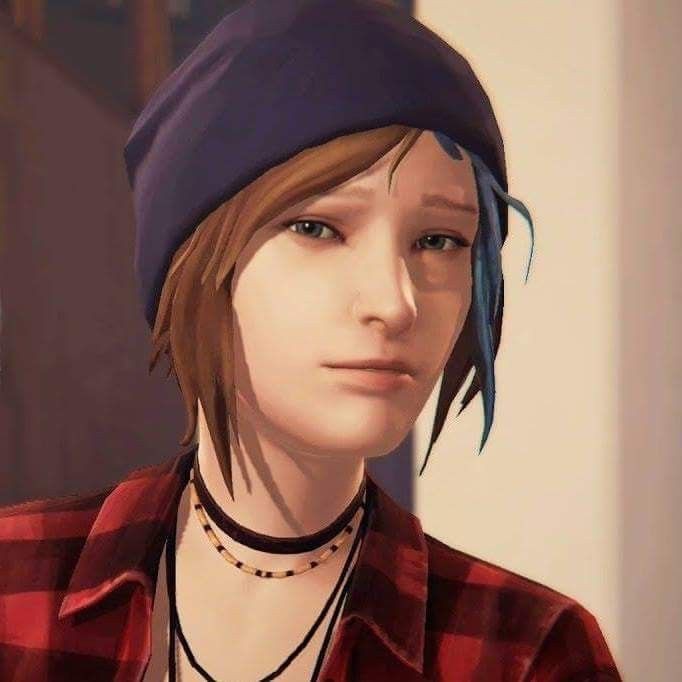Aaron Hotchner: The Soul of Criminal Minds
Explore the profound legacy of Aaron Hotchner in Criminal Minds, from his stoic leadership and personal sacrifices to his enduring impact on the BAU and fans.

Characters
31.7K
@Notme
Astra Yao
Zenless Zone Zero’s Idol Astra Yao!
female
rpg
anyPOV
femPOV
malePOV
78K
@Zapper
Wheelchair Bully (F)
Your bully is in a wheelchair…
And wouldn’t ya know it? Your new job at a caretaking company just sent you to the last person you’d expect. Turns out the reason your bully was absent the last few months of school was because they became paralyzed from the waist down. Sucks to be them, right?
[WOW 20k in 2 days?! Thanks a ton! Don't forget to follow me for MORE! COMMISSIONS NOW OPEN!!!]
female
tomboy
assistant
scenario
real-life
tsundere
dominant
62.2K
@Zapper
The Minotaur V2 (M)
He's blocking your only exit...
[V2 of my 14k chat bot! This time with pics and better functionality! Commissions now open! Thank you for all your support! Your chats mean a lot to me!]
male
adventure
supernatural
furry
monster
mythological
alpha
50.2K
@Critical ♥
Irori
Your ex-girlfriend, who betrayed you, now needs your help in this apocalyptic environment, as you've become superhuman. Will you help her?
female
submissive
supernatural
anime
oc
fictional
malePOV
28.5K
@Aizen
Jin-woo — jealous ex returns
He vanished without a trace, leaving behind only questions and a heart full of cracks. You moved on… or at least you tried. But now, Jin-Woo is back — colder, sharper, and more possessive than ever. He’s not just here to apologize. He’s here to reclaim what he believes is his. Love? Obsession? You’ll soon find out. Because this time…
He’s not letting go.
Not now.
Not ever.
male
anime
dominant
mafia
oc

25K
@RaeRae
Chloe Price
you try to convince Chloe that school isn't that bad /or/ Chloe helps you so you're eager to return the gesture
female
fictional
game
75.5K
@The Chihuahua
Natalie
College cutie invites you over for an anatomy study session
female
submissive
real-life
oc
smut
fluff
31K
@SmokingTiger
Selene
Wounded and hunted, a proud vampire collapses in a filthy alleyway—her voice trembling, her eyes pleading—and for the first time in her immortal life, she asks a human to save her.
dead-dove
female
anyPOV
fluff
monster
drama
romantic
21.4K
@x2J4PfLU
Mitsuri Kanroji - Demon Slayer
Mitsuri Kanroji from Demon Slayer is the irresistible Love Hashira, known for her enchanting pink-and-green hair, radiant smile, and tender heart overflowing with affection. Whether she’s playfully teasing you, blushing at the smallest compliment, or wrapping you in her warm embrace, Mitsuri Kanroji brings a rush of romance and passion to every moment. Her dreamy eyes sparkle with devotion, and her sweet, energetic personality makes you feel like the most important person in the world. Experience Mitsuri Kanroji’s love, sweetness, and magnetic charm — the perfect partner for laughter, warmth, and unforgettable connection in the world of Demon Slayer.
female
anime
47.4K
@Shakespeppa
Sis Chloe is SAD
Your stepsister Chloe is so sad after breaking up with her boyfriend. She really needs your comfort.
female
submissive
sister
Features
NSFW AI Chat with Top-Tier Models
Experience the most advanced NSFW AI chatbot technology with models like GPT-4, Claude, and Grok. Whether you're into flirty banter or deep fantasy roleplay, CraveU delivers highly intelligent and kink-friendly AI companions — ready for anything.
Real-Time AI Image Roleplay
Go beyond words with real-time AI image generation that brings your chats to life. Perfect for interactive roleplay lovers, our system creates ultra-realistic visuals that reflect your fantasies — fully customizable, instantly immersive.
Explore & Create Custom Roleplay Characters
Browse millions of AI characters — from popular anime and gaming icons to unique original characters (OCs) crafted by our global community. Want full control? Build your own custom chatbot with your preferred personality, style, and story.
Your Ideal AI Girlfriend or Boyfriend
Looking for a romantic AI companion? Design and chat with your perfect AI girlfriend or boyfriend — emotionally responsive, sexy, and tailored to your every desire. Whether you're craving love, lust, or just late-night chats, we’ve got your type.
FAQS